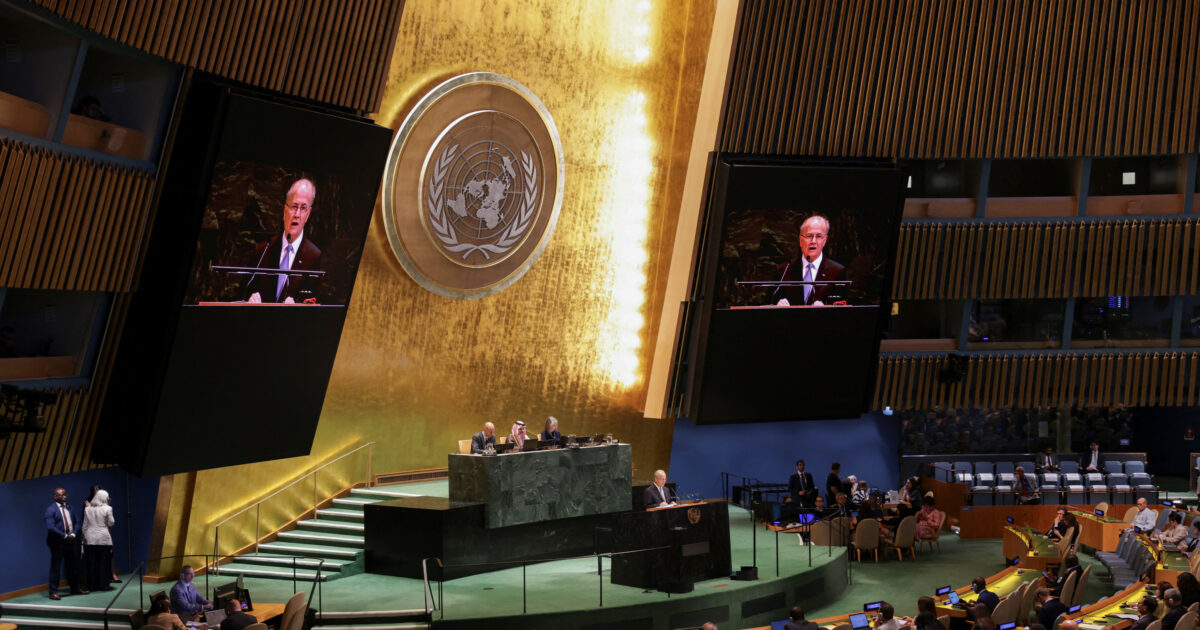It is a diplomatic movement with a strong symbolism. A few weeks before the UN General Assembly, fifteen western states-among them France, Canada, Australia and seven EU member states-addressed Wednesday (30.07.2025) a collective call for recognition Palestinian state. It is a public pressure pressure toward the Israelaccording to an analysis by the Belgian newspaper L’Echo.
OR France And the United Kingdom took place: Emmanuel Macron pledged to make official recognition until September, while Kir Starmer linked the United Kingdom’s decision by interrupting the Israeli attack on Gaza. The next day, Paris reinstated the initiative in New York with 14 allies.
Canada also announced the his intention to recognize Palestineprovided that the Palestinian Authority will proceed with significant reforms, with reference to President Mahmoud Abbas’ commitment to hold general elections in 2026 and the non -militarization of the future state.
A recognition that hides hesitations
Why now? The framework is, of course, the war in Gaza. The report has now exceeded 60,000 dead, according to local health authorities. But as he points out in Litter Professor of International Law and Palestinian Issue expert François Dubuisson, this recognition also acts as a “proposition” that covers the lack of more meaningful interventions.
The European Union, for example, is still refusing to suspend the connection agreement with Israel, while Germany has rejected the Commission’s proposal to freeze European subsidies to Israeli start-up.
So far, only 12 of the 27 EU member states have recognized Palestine, most of them before joining the Union. However, 148 of the 193 UN states have already recognized it. Israel’s aggression in Gaza has prompted countries such as Spain, Ireland, Norway, Slovenia and Armenia to make official recognition in 2024.
L’Echo notes that the recognition of Palestine is often a matter of domestic policy. In Belgium, for example, it has caused tensions within the government alliance “Arizona”.
A state with incomplete features?
From a legal point of view, the recognition of a state requires population, territorial territory and public authority. But the Palestinian Authority does not exercise a control in the Gaza Strip, while its dominance on the West Bank is limited due to colonization.
However, international justice ruled in 2024 that Israeli occupation is illegal, which gives states the legal basis to recognize Palestine in the name of self -determination.
Limited the real impact
The essential effect of this recognition is very limited, according to Dubuisson. “These are states that already recognize Palestine de facto,” he says. There is already a Palestinian ambassador to Paris and Brussels, and France has voted in favor of its integration to the UN.
However, this dynamic can be important if accompanied by tangible measures, such as financial sanctions. Despite Israeli protests, Israel’s commercial and political relations with European countries remain close and privileged.
